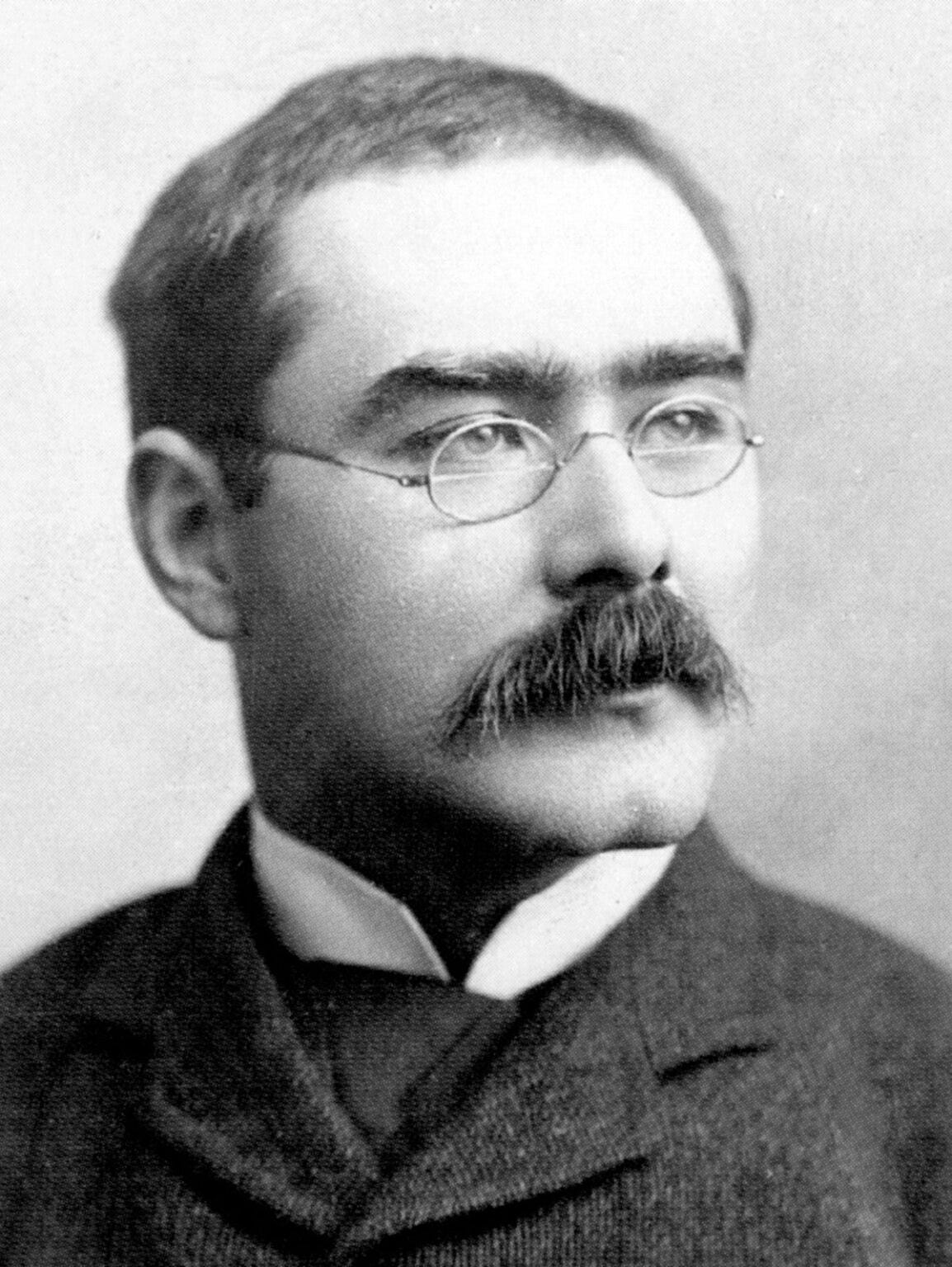"If"
RUDYARD KIPLING
Rudyard Kipling
If
If you can keep your head when all about you
Are losing theirs and blaming it on you;
If you can trust yourself when all men doubt you,
But make allowance for their doubting too:
If you can wait and not be tired by waiting,
Or, being lied about, don't deal in lies,
Or being hated don't give way to hating,
And yet don't look too good, nor talk too wise;
If you can dream - and not make dreams your master;
If you can think - and not make thoughts your aim,
If you can meet with Triumph and Disaster
And treat those two impostors just the same:.
If you can bear to hear the truth you've spoken
Twisted by knaves to make a trap for fools,
Or watch the things you gave your life to, broken,
And stoop and build'em up with worn-out tools;
If you can make one heap of all your winnings
And risk it on one turn of pitch-and-toss,
And lose, and start again at your beginnings,
And never breathe a word about your loss:
If you can force your heart and nerve and sinew
To serve your turn long after they are gone,
And so hold on when there is nothing in you
Except the Will which says to them: "Hold on!"
If you can talk with crowds and keep your virtue,
Or walk with Kings - nor lose the common touch,
If neither foes nor loving friends can hurt you,
If all men count with you, but none too much:
If you can fill the unforgiving minute
With sixty seconds' worth of distance run,
Yours is the Earth and everything that's in it,
And - which is more - you'll be a Man, my son!
— Rudyard Kipling
His childhood in India was a world of wonder. That ended at the tender age of six, when he was shipped off to school in England, where he initially endured terrible abuse. Then he was shipped off to another school in Devon, where he blossomed as a writer. He became the editor of the school paper. He became a successful wordsmith early on.
But the bank where his earnings were deposited collapsed. He was destitute. He moved to America where he kept on writing. The Jungle Books, which magically inspired my youthful days, were written then. But after a bitter court fight, he moved back to England.
In 1899 his seven-year-old daughter Josephine died of pneumonia. In 1907 he won the Nobel Prize in literature. The “War to End All Wars” began and he encouraged his son John to enlist, only to see him lost in battle.
This poem, written in 1910, speaks of Rudyard Kipling’s life experiences.
A new movie made by Joel and Luke Smallbone tells the story of their own Mom and Dad. Their family experienced hardships much like those of Kipling. Their grandfather, at one point in the movie, recites the Kipling poem to their father.
Unsung Hero [click to learn more] is a beautiful film. It opened this weekend. Please go see it!



